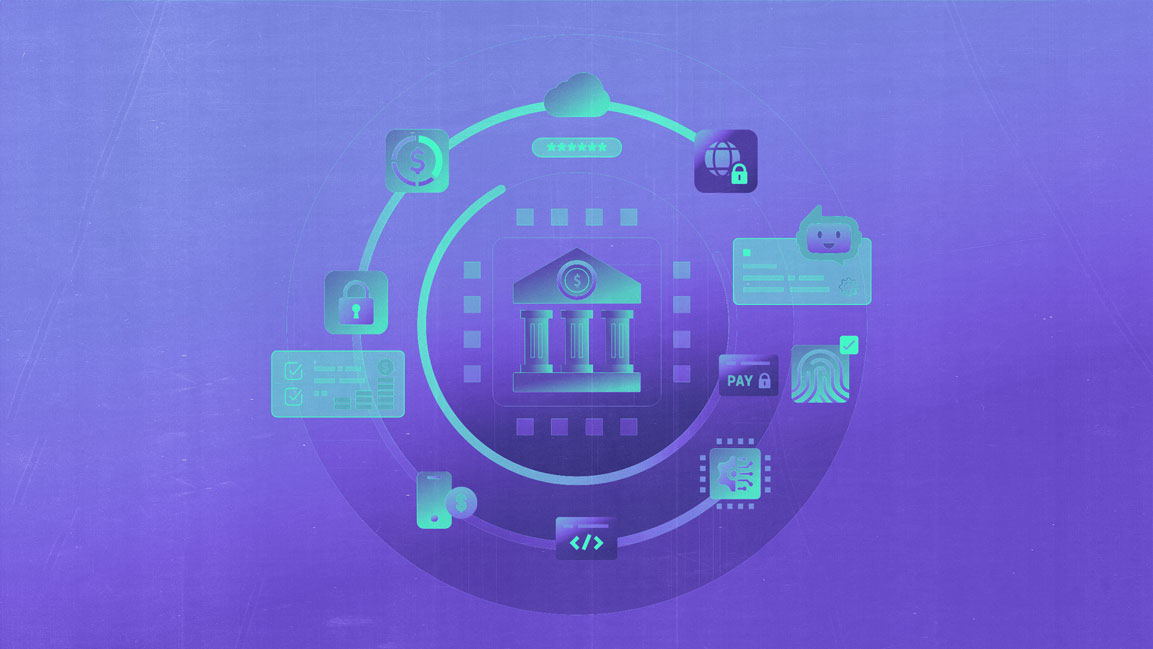RBI Panel Sets Out AI Roadmap for Financial Services
Seven-principle framework seeks to speed adoption of generative AI in finance without compromising trust, fairness, or systemic stability
News
- OpenAI Retires GPT-4o as It Consolidates ChatGPT Models
- Adani Power Sets Up Nuclear Subsidiary
- Musk Unveils xAI Overhaul, Lunar AI Ambitions
- Former GitHub CEO Dohmke Raises $60 Million to Build AI Code Infrastructure
- Leadership Shakeup Deepens at xAI as Two Co Founders Exit
- India Slashes Social Media Takedown Window to Three Hours

Generative AI, or GenAI, could boost banking operations in India by as much as 46%, the Reserve Bank of India said in a new report released on Wednesday, 13 August.
The Framework for Responsible and Ethical Enablement of Artificial Intelligence—or FREE-AI—lays out how adoption is being driven by banks’ push to sharpen customer understanding, speed up operations and personalize services at scale.
Generative AI is spotlighted, with advanced analytics turning customer data into sharper risk management, cost control and revenue growth.
AI-driven models are already widening access to credit for underserved groups, assessing creditworthiness using alternative data such as utility bills, mobile usage, GST filings or e-commerce transactions—lifting “thin-file” or “new-to-credit” users into the formal financial system.
Chatbots are transforming customer service, working round the clock, handling routine queries fast and freeing human staff to tackle complex work.
Looking ahead, generative AI could soon contribute heavily to revenues. The RBI projects this segment alone will surpass ₹1.02 trillion (about $12 billion) by 2033, growing at 28–34% annually.
The FREE-AI framework is built on seven core principles: trust as the foundation, people first, innovation over restraint, fairness and equity, accountability, understandable-by-design systems, and safety, resilience and sustainability.
These translate into 26 recommendations across six pillars—three to enable innovation and three to manage risk.
To encourage experimentation while keeping people safe, the RBI recommends shared data infrastructure, an AI innovation sandbox for supervised trials, India-specific AI models, and integration with platforms like UPI.
Institutions would also need board-approved AI policies, AI-specific risk reviews before product launches, customer disclosures when interacting with AI systems, and stronger cybersecurity defenses.
Recognizing that mistakes will happen as banks adopt AI, the committee calls for a “tolerant supervisory stance.”
First-time errors should be allowed if institutions have safety protocols in place, an approach aimed at supporting innovation rather than stifling it.
Globally, investments in AI across banking, insurance, capital markets and payments are expected to exceed ₹8 trillion ($97 billion) by 2027, with the GenAI segment growing at more than 28% annually.
The RBI sees AI’s potential to drive inclusion through voice-based services in regional languages, automate KYC, and strengthen public digital infrastructure, including Aadhaar and UPI.
But it also warns of risks—bias, opaque “black-box” models, cybersecurity threats such as data poisoning and deepfakes, and AI-driven market shocks.






